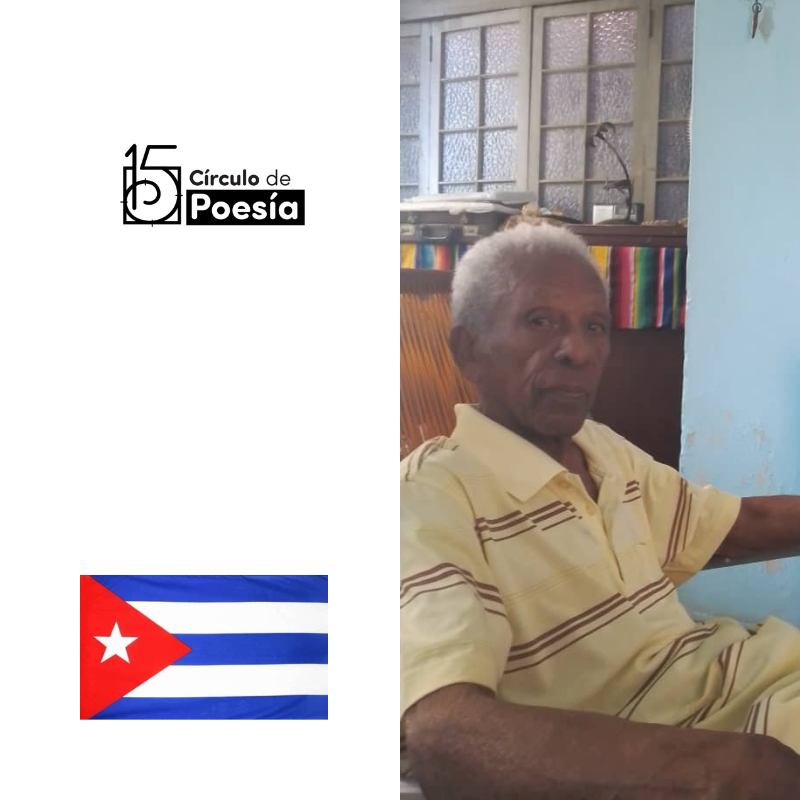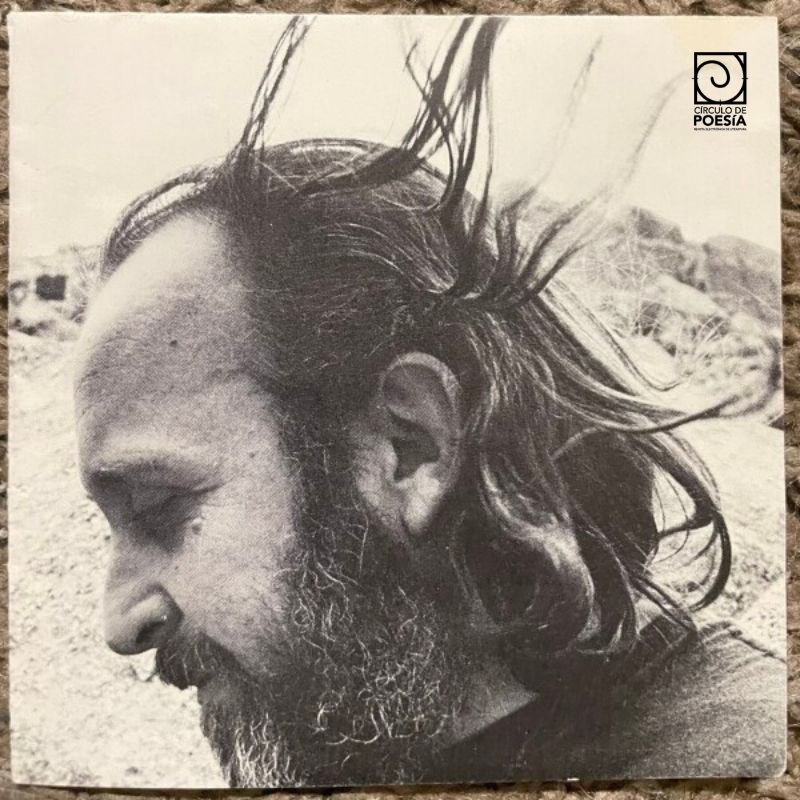Leemos un poema del poeta chileno Luis Correa-Díaz (Santiago, 1961) sobre la guerra. Correa-Díaz, Miembro Correspondiente de la Academia Chilena de la Lengua y de la Real Academia de Ciencias, Bellas Letras y Nobles Artes de Córdoba(España), poeta y profesor de Digital Humanities y Human Rights en la University of Georgia-USA. Autor de varios libros y artículos críticos. Ultimamente destacan: a) Novissima verba: huellas digitales/cibernéticas en la poesía latinoamericana (2019), d) Latin American Digital Poetics (2022). Sus poemarios son: Crónica, in memoriam-s & ofrendas (2022), Americana–lcd (2021), metaverse (2021), Haikus nada más (2021), Los Haikus de Gus (2021 y 2020), Maestranza de San Eugenio… (2020), Diario de un poeta recién divorciado (2020 y 2005), … del amor hermoso (2019), impresos en 3D (2018), clickable poem@s (2016), Cosmological Me (2010 y 2017), Mester de soltería (2008 y 2006). Miembro del comité editorial de diversas revistas profesionales europeas, latinoamericanas y estadounidenses. Profesor visitante en: State University of New York –Albany; Instituto Iberoamericano-Berlín; Pontificia Universidad Católica de Chile; University of Liverpool; Universidad de Salamanca; Pontificia Universidad Católica de Bolivia; Universidad de Playa Ancha, Valparaíso, Chile. http://www.rom.uga.edu/directory/luis-correa-diaz-0 ; correa@uga.edu
Cukes not Nukes
este es el pensamiento mientras
solo me preparo una ensalada
y veo la tele y esta guerra allá
en Ucrania unfolding, y recuerdo
un verso de REM: this one goes
out to the one I love, y me pongo
a decir en voz alta —no canto,
lo admito, ni lloro, soy testigo
a lo lejos de la humana natura—:
así en el amor como en la guerra
y me doy cuenta que mezclo
las cosas, aunque no sin cierta
intuición, difícil de explicar, vuelvo
a la pantalla y como silencioso
frente a estos juglares de hoy
en día que nos narran in real time
esa oscura canción de gesta
repetida hasta el hartazgo de Dios
en la que los hermanos se matan
y las civilizaciones se reordenan
y los mapas arden ensangrentados
ps> una vez terminado este poema
doy con unos de Lyuba Yakymchuk
(traducidos al inglés por Svetlana
Lavochkina y al castellano por Alain
Pallais) y me quedo prendado
de “Amigos en común”, de la manera
tan delicada y de cyber ubi-sunt
en que ella se pregunta por aquellos
que dejaron por todo al desaparecer
en acción un “active profile” sonriente
en este libro interactivo de caras felices
que llamamos, sin reparar en el asunto,
Facebook, decía la poeta a propósito
de la invasión rusa del Donbas 2014
y lo repito ahora en esta total del 2022:
¿será que un buen día se despierten y
envíen un mensaje? / ¿publiquen un selfie?
/ ¿le hagan un like a este mi poema?, será,
me gustaría poder afirmar, desde este ps,
como esos niños lo hacen en la frontera
con Polonia, despidiéndose, con un beso
mojado de lágrimas ciegas, de su padre
que se devuelve a defender la ciudad
Cukes not Nukes
this is the thought I entertain while
I make a salad for myself and I watch
TV and I see the war unfolding
in Ukraine, and all of a sudden a verse
from REM comes to me: this one goes
out to the one I love, and I begin
to say out loud—because I don’t sing,
I admit it, I don’t even cry, I am just
a witness from afar to human nature—:
so in love as in war / in war as in love,
and I realize that I’m mixing things,
although not without certain intuition,
hard to explain it here, I come back
to the screen and eat silently before
these medieval minstrels of today
who narrate to us in real time that dark
chanson de geste, repeated to the point
of God’s weariness, in which brothers
kill each other and old civilizations
are rearranged and maps burn in blood
ps> once this poem was finished
I found some of Lyuba Yakymchuk
(translated into English by Svetlana
Lavochkina, and into Spanish by
Alain Pallais) and I fell in love
with “Friends in common”, a way
so delicate, a kind of cyber ubi-sunt,
in which she wonders about those
who left behind an “active profile”
when disappearing in action, standing
in this interactive book of happy faces
that we call, without regard to the matter,
Facebook, the poet was referring to
the Russian invasion of Donbas 2014,
and I repeat it now in 2022 while a total
one has shaped up to be humiliation:
Could it be that one day they wake up
and send a message? / post a selfie?
/ ‘like’ this poem?, it will happen, it will,
I wish I could say, from this post script,
like those children do at the border
with Poland, saying goodbye with a wet
kiss in blind tears to their fathers
who return to defend the city





